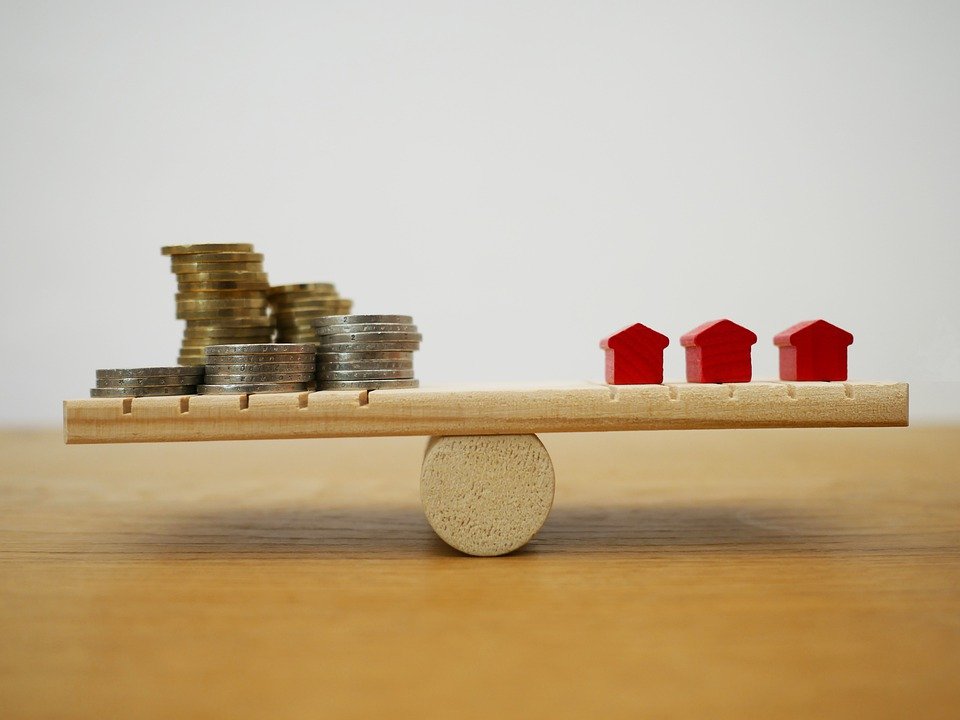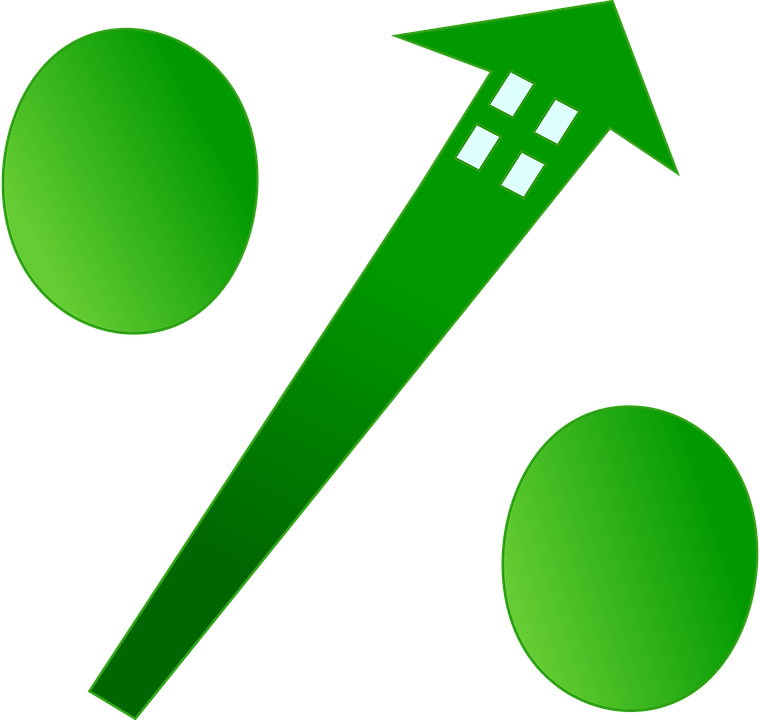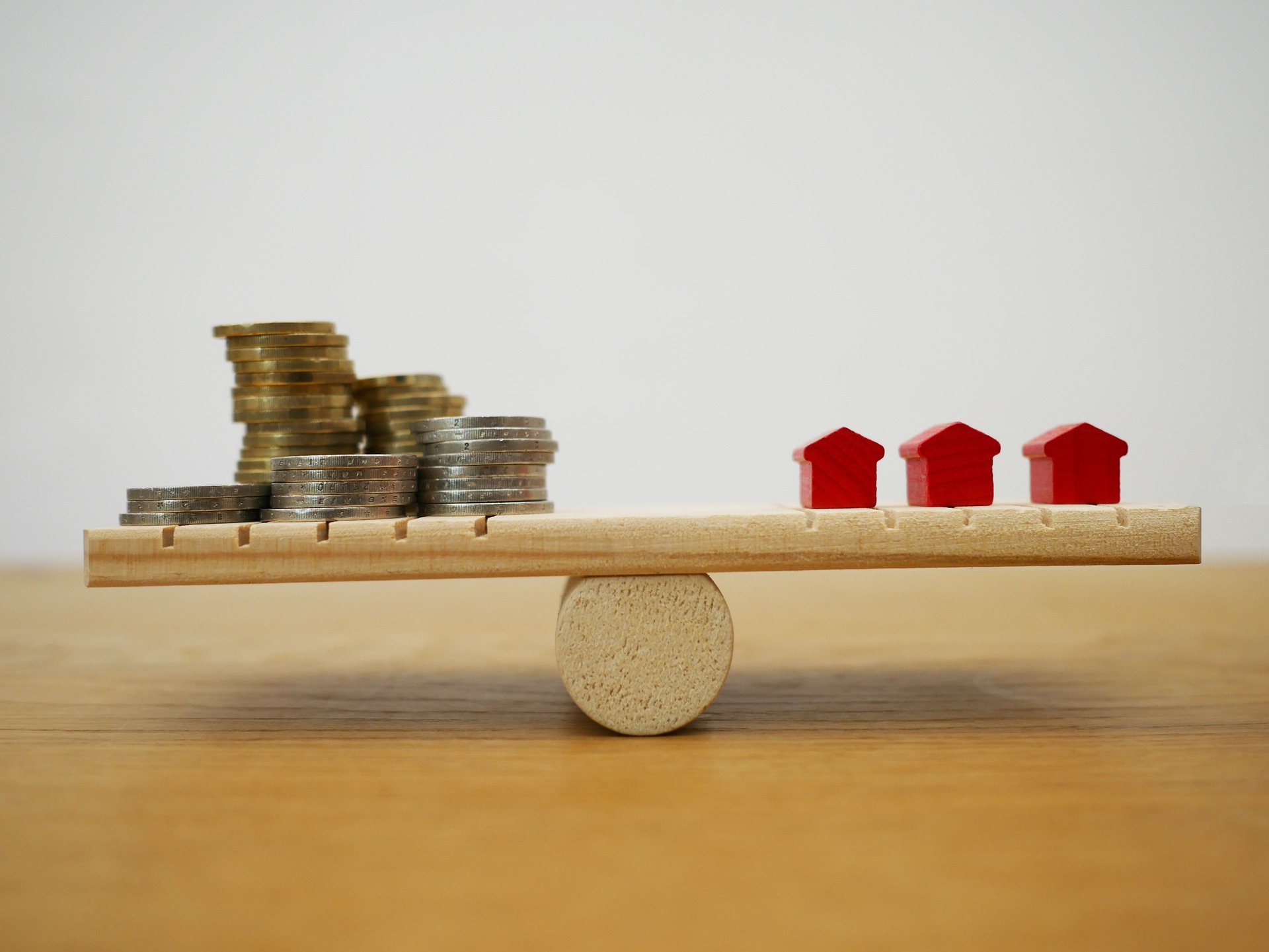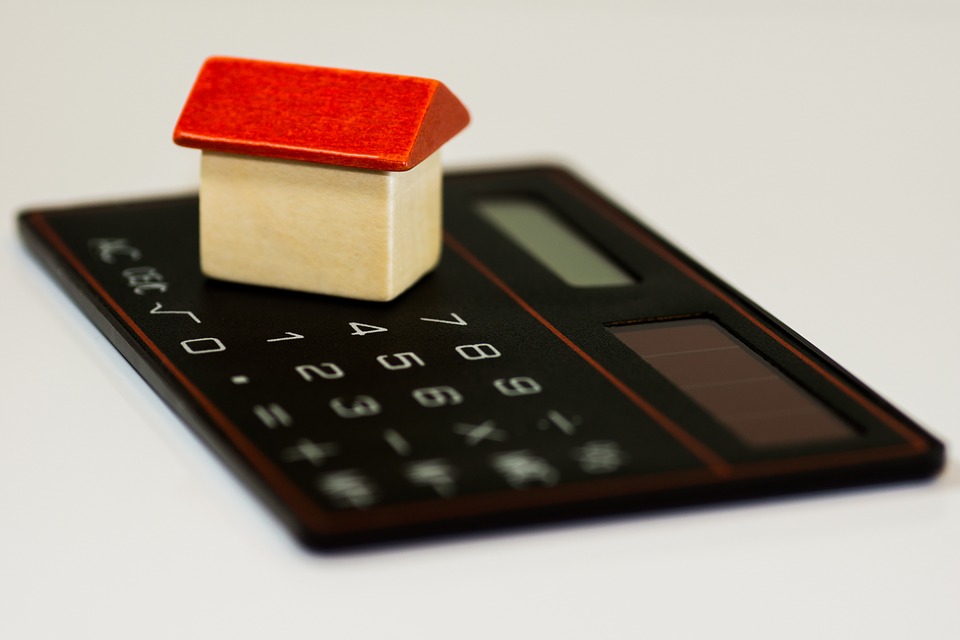House prices grew by 5% in the year to September, the highest annual growth rate for four years, according to the latest Nationwide House Price index.
Month-on-month, house prices rose by 0.9% after a 2% rise in August that pushed up the average UK house price to £226,129.
Most UK regions saw a small rise in annual price growth in quarter three compared to the previous quarter.
The South West was the strongest performing region, with annual price growth rising from 2.3% to 5.5% and for the first time since 2017, house price growth in southern England exceeded that in northern England.
Annual house price growth in London was up 4.4% in Q3 driving the cost of the average property in the capital to a record high of £480,857. Homes are now selling for 57% more than their 2007 price tags.
In the UK, prices are 21% higher than their 2007 peak.
Scotland was one of the few areas to see a slowing in the annual rate of price growth to 2% in Q3, compared to 4% in Q2. Meanwhile, Wales saw annual growth accelerate to 3.8% from 1% in the previous quarter.
Pent up demand is one of the drivers behind price rises. Almost 20% of households surveyed by Nationwide in September, who were considering moving before the pandemic, had put their plans on hold.
Nationwide chief economist Robert Gardner said: “Housing market activity has recovered strongly in recent months. Mortgage approvals for house purchase rose from around 66,000 in July to almost 85,000 in August – the highest since 2007, well above the monthly average of 66,000 prevailing in 2019.
To find out more about how we can assist you with your Mortgage requirements, please click here to get in touch
“The rebound reflects a number of factors. Pent-up demand is coming through, with decisions taken to move before lockdown now progressing.
“The stamp duty holiday is adding to momentum by bringing purchases forward. Behavioural shifts may also be boosting activity as people reassess their housing needs and preferences as a result of life in lockdown.”
Weaker economy effects
Economic forecasters expect labour market conditions to get significantly weaker as tighter restrictions on movement supress economic activity and the furlough scheme is replaced with a less comprehensive jobs support package.
Despite this, some households who were not planning on a move, have changed their minds because of the crisis.
Around 10% of those surveyed in September said they were in the process of moving as a result of the pandemic, with a further 18% considering a move for the same reason.
This sentiment was highest in London where 25% of households said there were now considering moving and close to 20% said they were actually moving.
Jeremy Leaf, former Royal Institution of Chartered Surveyors residential chairman, said: “There is little sign on the ground yet that this report and others which have emerged recently reflect the calm before the storm and a fizzling out of the mini-boom.
“Certainly increased restrictions and the unwinding of the furlough scheme will have some impact on confidence but not much at the moment.
“Of just as much concern to our buyers, and particularly those vital first-time buyers, is mortgage accessibility with lenders running the risk of reducing activity in the market at a time when it is so vital to the economy generally.”
Written by: Samantha Partington
Source: Your Money






